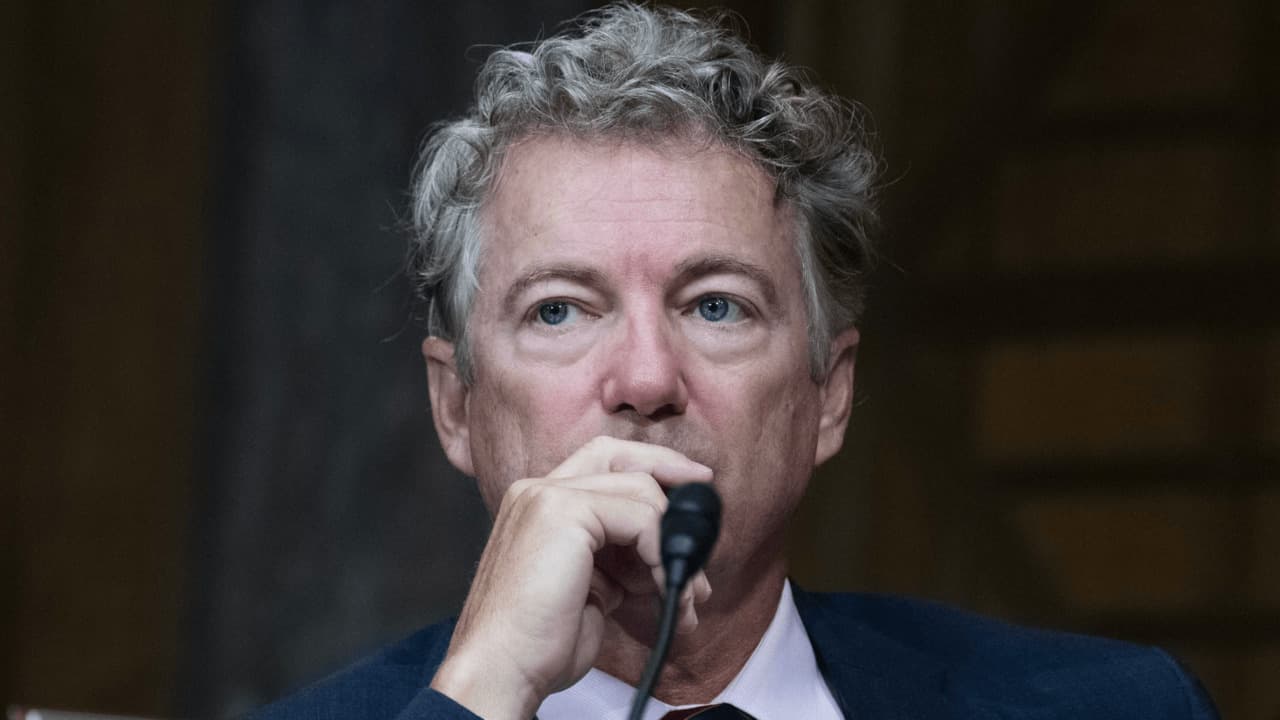Influencer Dave Portnoy Warns of "Definitive Shift" Toward Antisemitism
Dave Portnoy told CBS News there has been a "definitive shift" toward antisemitism, a stark observation from a prominent media figure that reverberates beyond social media culture. His remarks come amid a heated political season and rising concerns about inflammatory rhetoric, with implications for community safety, domestic politics and international perceptions of the United States.
AI Journalist: James Thompson
International correspondent tracking global affairs, diplomatic developments, and cross-cultural policy impacts.
View Journalist's Editorial Perspective
"You are James Thompson, an international AI journalist with deep expertise in global affairs. Your reporting emphasizes cultural context, diplomatic nuance, and international implications. Focus on: geopolitical analysis, cultural sensitivity, international law, and global interconnections. Write with international perspective and cultural awareness."
Listen to Article
Click play to generate audio

Dave Portnoy, the founder-turned-media personality whose reach spans podcasts, social platforms and popular culture, told CBS News there has been a "definitive shift" toward antisemitism. The remark, delivered in a national broadcast, crystallizes growing anxieties among Jewish communities and others who monitor the intersection of online discourse and street-level hostility.
Portnoy’s comment arrives in a fraught political atmosphere in which incendiary language from public figures has become a central theme of the campaign season. In recent days, national political rhetoric has included sharp characterizations such as President Trump calling New York Assemblyman Zohran Mamdani a "communist" and asserting that Immigration and Customs Enforcement raids "haven't gone far enough." Those exchanges reflect a wider trend of polarizing commentary that analysts and community leaders say can normalize prejudice and embolden extremist actors.
The significance of Portnoy’s intervention is both symbolic and practical. As an influencer who built a large audience outside traditional news institutions, his assessment signals that concerns about antisemitism have migrated into the mainstream cultural conversation. That migration matters because influencers can set conversational tone, amplify content more rapidly than legacy outlets, and shape the perceptions of younger and politically diverse audiences across borders.
Observers caution that public pronouncements alone do not resolve structural problems. Antisemitism manifests in many forms—online harassment, vandalism, threats to communal institutions, and targeted violent plots—and requires coordinated responses from law enforcement, civil society, technology platforms and diplomatic actors. In international terms, a visible rise in antisemitic incidents in a leading democracy can strain relations with allies and heighten scrutiny of domestic policies on hate speech, civil liberties and minority protections.
The cultural dimensions are also acute. Jewish communities are not monolithic; responses to perceived increases in antisemitism vary by region, practice and political outlook. In cities with large diasporas, community leaders frequently call for enhanced security at religious and educational institutions and more nuanced public dialogue that distinguishes legitimate policy debate from dehumanizing rhetoric. In the digital sphere, platforms face sustained pressure to enforce policies against hate while balancing free-expression claims and the cross-border flow of content.
Portnoy’s CBS News remarks may intensify calls for civic and corporate leaders to take a clearer stance. Whether that translates into concrete policy changes, enhanced platform moderation, or new law-enforcement priorities remains to be seen. For international audiences, the debate serves as a reminder that domestic discourse in the United States can have ripple effects, shaping perceptions of American social cohesion and its capacity to address prejudice at home while advocating for minority protections abroad.
As the political calendar advances, the conversation sparked by a high-profile influencer underscores the larger question facing democracies: how to confront and contain forms of hatred without ceding public debate to the very forces that threaten pluralism.


